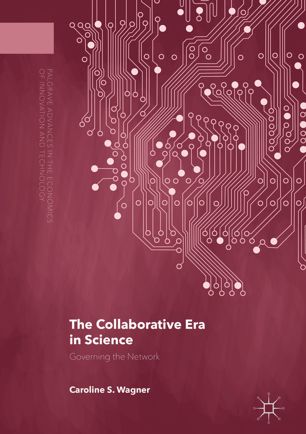

Most ebook files are in PDF format, so you can easily read them using various software such as Foxit Reader or directly on the Google Chrome browser.
Some ebook files are released by publishers in other formats such as .awz, .mobi, .epub, .fb2, etc. You may need to install specific software to read these formats on mobile/PC, such as Calibre.
Please read the tutorial at this link. https://ebooknice.com/page/post?id=faq
We offer FREE conversion to the popular formats you request; however, this may take some time. Therefore, right after payment, please email us, and we will try to provide the service as quickly as possible.
For some exceptional file formats or broken links (if any), please refrain from opening any disputes. Instead, email us first, and we will try to assist within a maximum of 6 hours.
EbookNice Team

Status:
Available4.5
14 reviewsIn recent years a global network of science has emerged as a result of thousands of individual scientists seeking to collaborate with colleagues around the world, creating a network which rises above national systems. The globalization of science is part of the underlying shift in knowledge creation generally: the collaborative era in science. Over the past decade, the growth in the amount of knowledge and the speed at which it is available has created a fundamental shift—where data, information, and knowledge were once scarce resources, they are now abundantly available. Collaboration, openness, customer- or problem-focused research and development, altruism, and reciprocity are notable features of abundance, and they create challenges that economists have not yet studied. This book defines the collaborative era, describes how it came to be, reveals its internal dynamics, and demonstrates how real-world practitioners are changing to take advantage of it. Most importantly, the book lays out a guide for policymakers and entrepreneurs as they shift perspectives to take advantage of the collaborative era in order to create social and economic welfare.